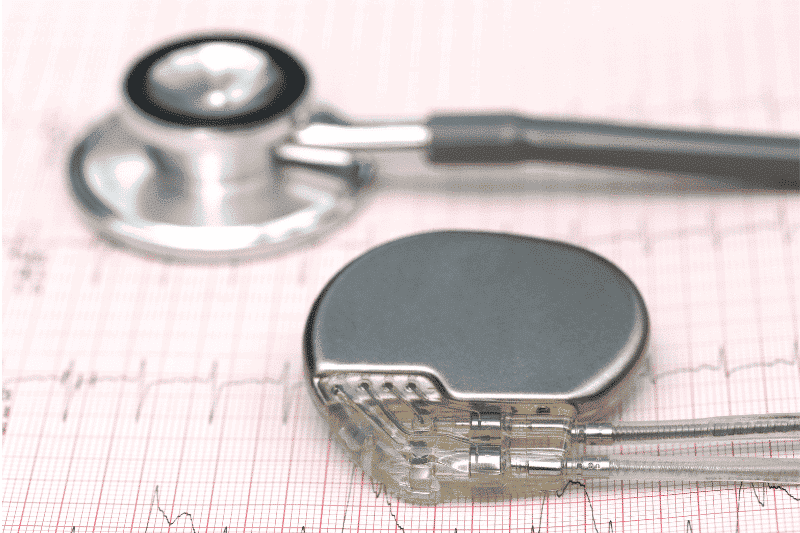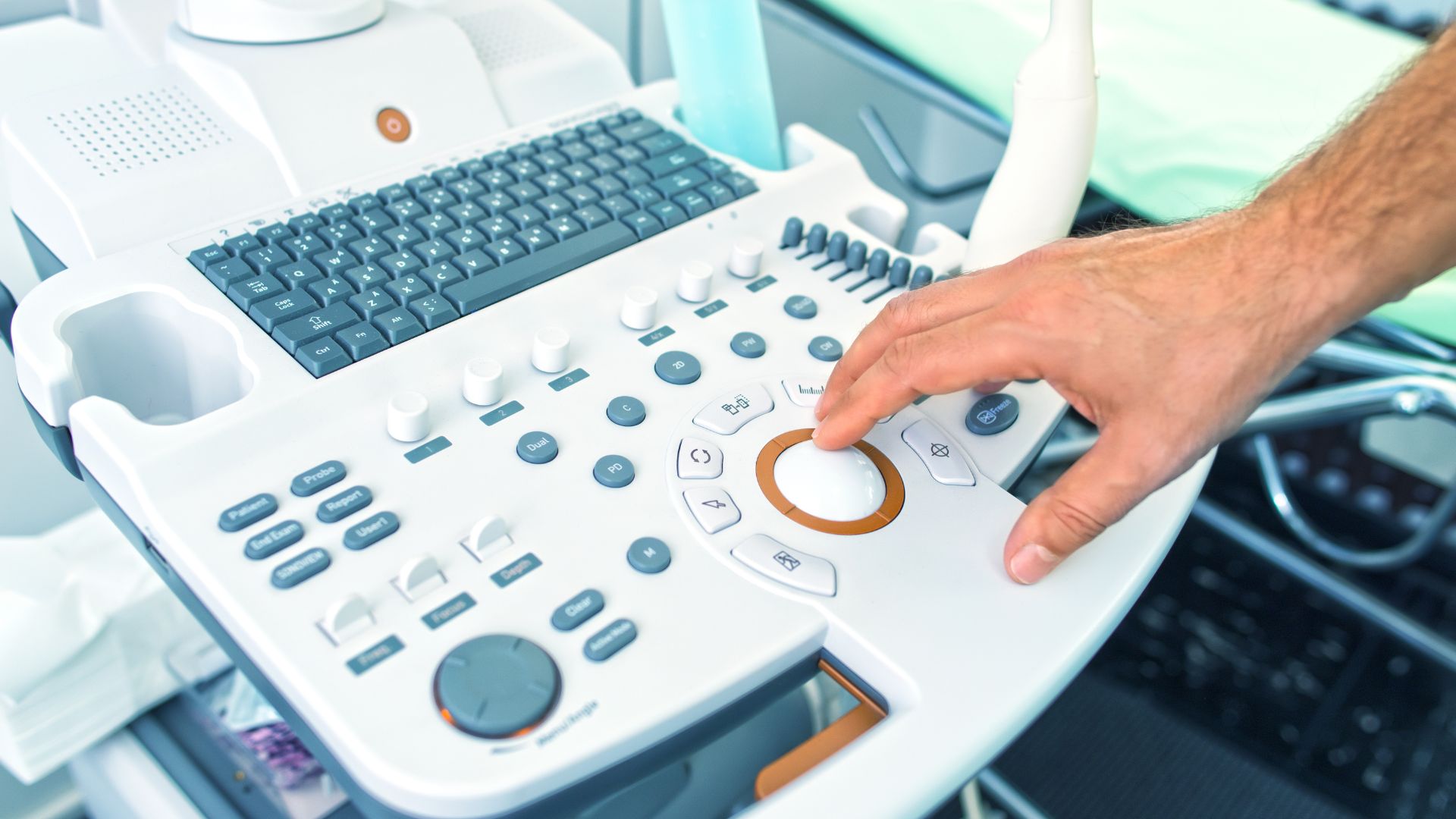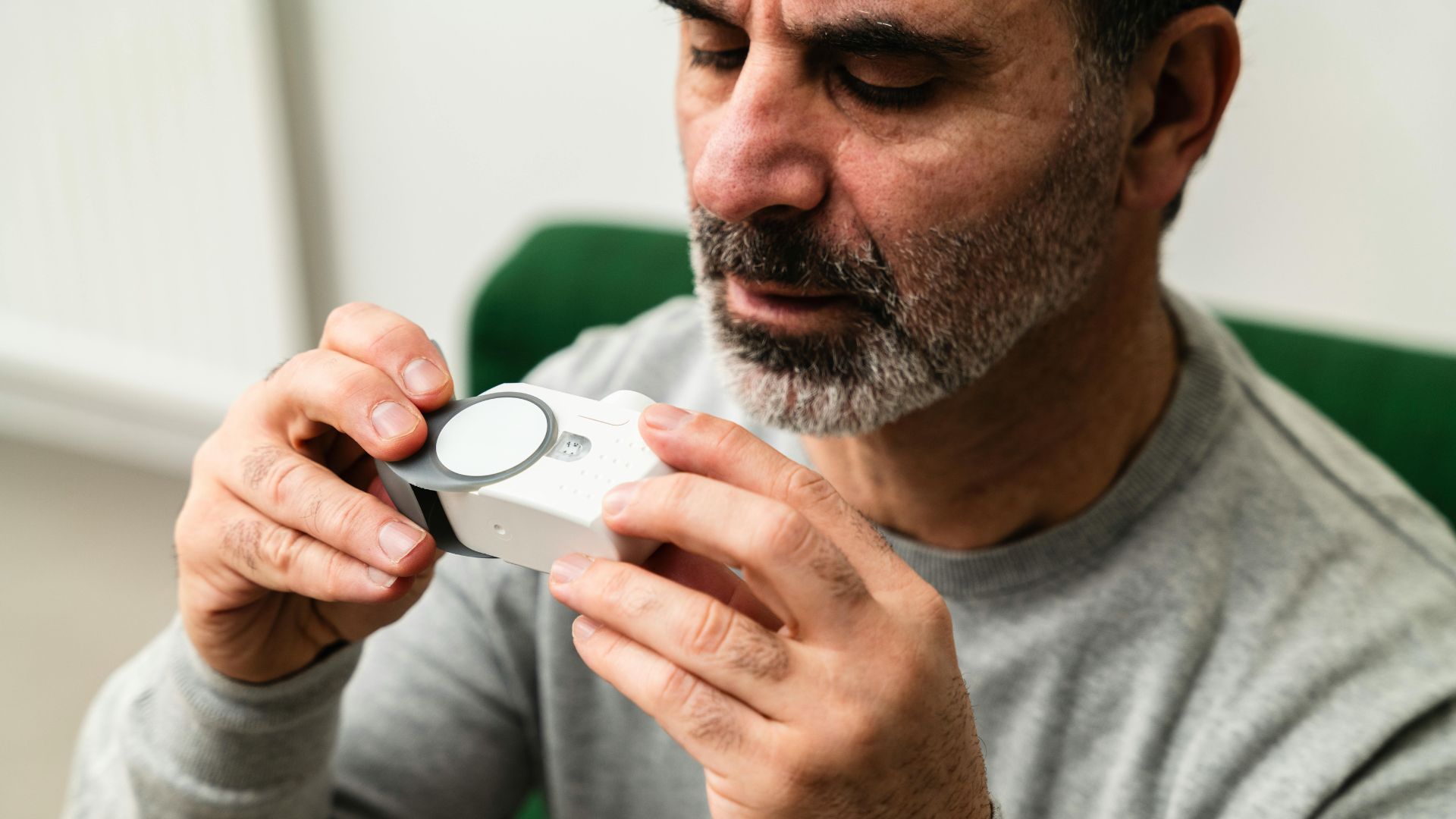In this 3-part series, we explore the basic foundations of FDA’s regulation of Medical Devices. Topics include Controls and Classifications, Premarket Notification 510(k), and Premarket Approval (PMA).
All medical devices intended for distribution in the U.S. are subject to controls regulated by the U.S. Food and Drug Administration (FDA). In Medical Devices 101: Controls and Classifications, we explained that, due to the risk level of Class III devices, FDA considers general and special controls alone to be insufficient to assure the safety and effectiveness of these devices. Along with general controls, FDA also requires all Class III medical devices to submit a premarket approval application (PMA), which is the required process of scientific review to ensure the safety and effectiveness of these devices.
The manufacturer of a device subject to PMA submission regulations must receive FDA’s approval before marketing the device. If a device is subject to PMA regulations and does not meet the requirements, it is considered adulterated and prohibited from being marketed. The process of obtaining premarket approval is complex, so it is helpful to become familiar with the key steps in the route to approval.
Get assistance with FDA compliance.
Registrar Corp’s Regulatory Specialists help companies comply with FDA requirements, including regulations for Medical Devices. We can answer questions you have about submitting your PMA and much more.
For more information, call us at +1-757-224-0177, email us at info@registrarcorp.com, or chat with a Regulatory Advisor 24-hours a day at www.registrarcorp.com/livechat.
Keep reading for a simple breakdown of the steps to the PMA approval process.
Determining if you Need PMA
FDA regulates medical devices based on a classification system. Medical devices are classified based on the intended use/indications for use as indicated in the device labeling. Device labeling may include packaging, product inserts, web sites, oral and/or other promotional materials. The level of risk to the patient and/or user can also contribute to a device’s classification, with the lowest-risk devices being in Class I and the highest in Class III.
Class I and Class II medical devices do not require pre-market approval. Rather, some Class I and most Class II devices require a Premarket Notification 510(k), unless the device meets the requirements for exemption of submission of a 510(k). A PMA is much more rigorous than a 510(k), and all Class III devices require a PMA, along with general controls or require reclassification into Class I (general controls) or Class II (standards). Devices that were marketed before the passage of the medical device amendments in 1976 (known as preamendment devices) do not require a PMA and can be marketed with a Class III 510(k).
The Premarket Approval Process
A PMA application can be submitted by the owner of the device’s rights or an authorized person or entity that has access to the data and other information necessary to submit the application. PMAs submitted by applicants outside of the U.S. must be countersigned by a U.S.-based authorized representative.
FDA reviews PMA applications using a 4-step process:
STEP 1 – Administrative and limited scientific review
The first step in the PMA approval process is an administrative and limited scientific review based on the administrative checklist FDA has provided to the PMA applicant.
Within 45 days of receipt, FDA will notify the applicant whether the PMA has been filed. FDA may review a PMA for up to 180 days, starting on the date of filing.
STEP 2 – In-depth review
After filing the PMA, FDA proceeds to the in-depth review of scientific and clinical data. The PMA applicant should document non-clinical laboratory studies and clinical investigations with data and information that demonstrates the safety and effectiveness of the Class III device.
FDA will notify the PMA applicant of any additional information needed to complete the review process, FDA will notify the PMA applicant. Within 100 days of filing, the applicant may request to meet with FDA to discuss the review status of the PMA.
STEP 3 – Panel review
FDA may refer the PMA to an advisory committee for review and recommendation. 21 CFR 14 requires the committee to hold a public meeting to review the PMA. The advisory committee must then submit their recommendation on the PMA to FDA.
STEP 4 – Final deliberations, documentation, and notification of the FDA decision.
FDA considers the panel’s recommendations to make a final decision and either requests additional information from the applicant or informs the applicant whether FDA has approved the PMA.
Get assistance with FDA compliance.
Registrar Corp’s Regulatory Specialists help companies comply with FDA requirements, including regulations for Medical Devices. We can answer questions you have about submitting your PMA and much more.
For more information, call us at +1-757-224-0177, email us at info@registrarcorp.com, or chat with a Regulatory Advisor 24-hours a day at www.registrarcorp.com/livechat.








